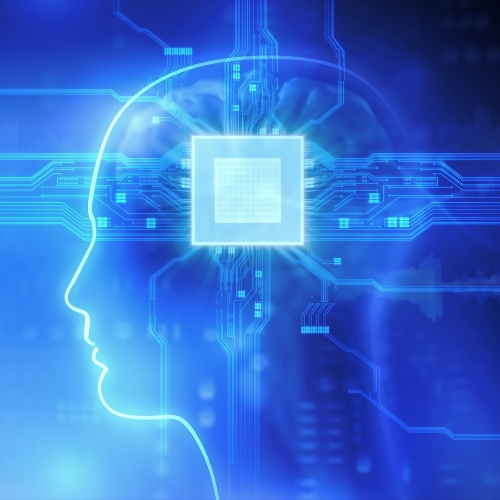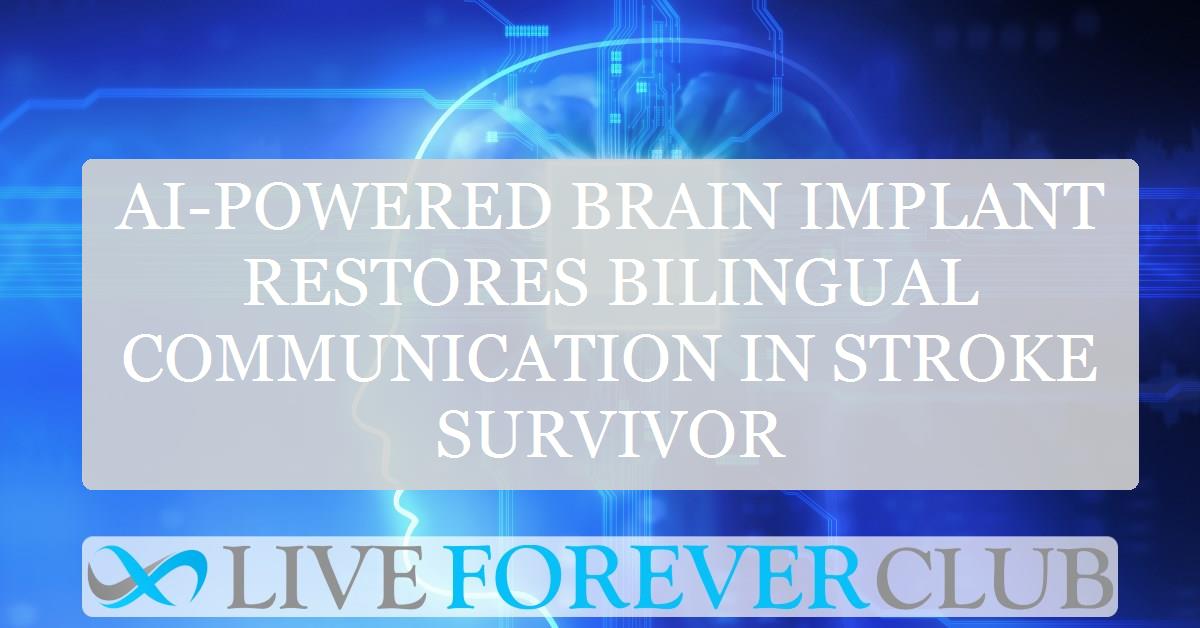Key points from article :
Researchers at the University of California, San Francisco developed a brain implant that allows a stroke survivor to communicate in both Spanish and English.
The implant uses artificial intelligence to decode the patient's brain activity and translate it into sentences on a screen.
The patient, known as Pancho, suffered a stroke in the early 2000s that left him severely paralyzed and unable to speak.
After receiving the implant in 2019, researchers were able to train it to decode his brain activity into English sentences.
In 2022, they further developed the technology to allow Pancho to communicate in both Spanish and English, demonstrating the feasibility of a bilingual speech neuroprosthesis.
This research, published in Nature Biomedical Engineering, offers hope for restoring communication in bilingual individuals with paralysis.






